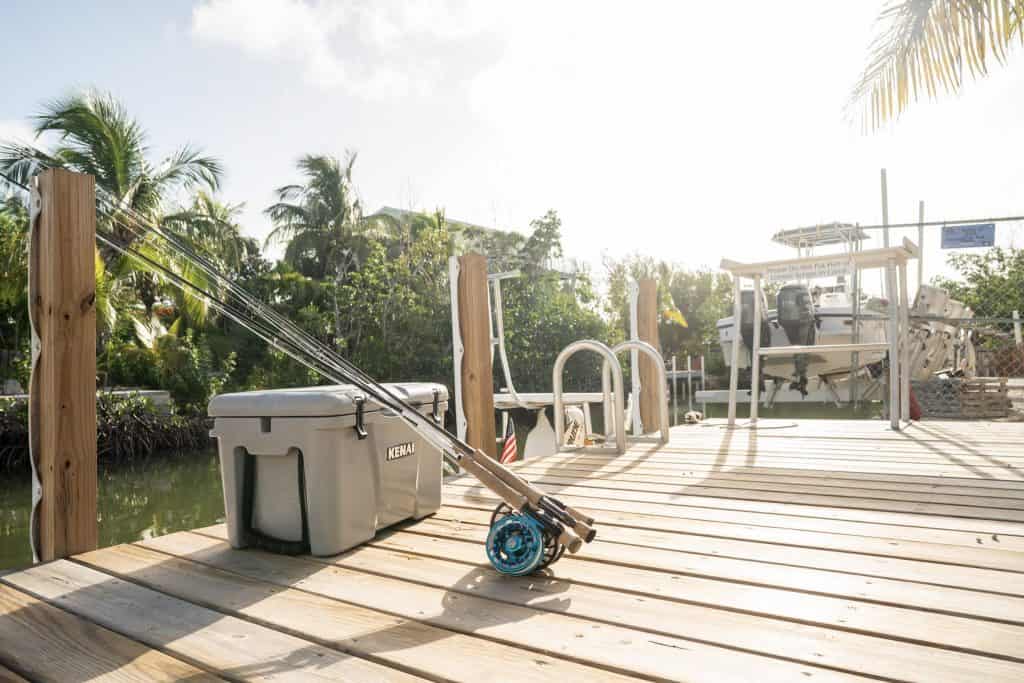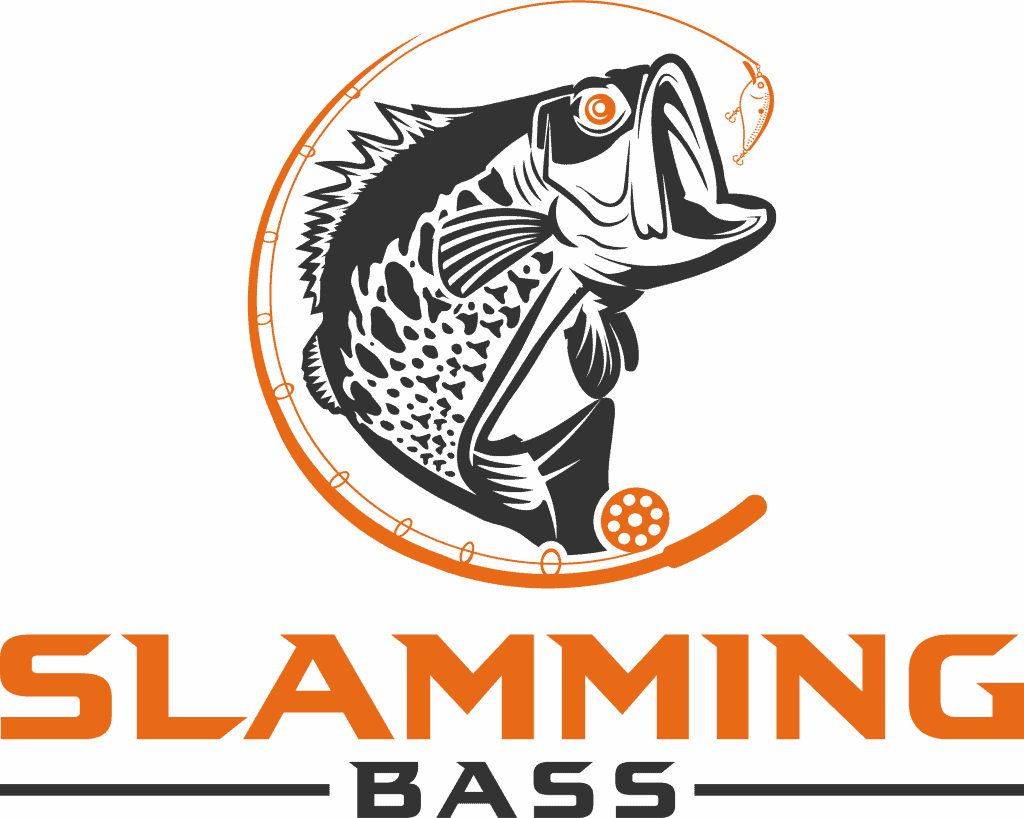I’m always disappointed when a fly fisher turns their nose up at bass fishing. Usually, the disdain is accompanied by some poetic sermon about watching trout sip dries, followed by an admission that they’ve never actually tried it. Thankfully, flyfishing for bass is not a new concept and more anglers around the world are embracing these incredible fish.
Flyfishing For Bass – Why It’s Awesome
The bass family is widespread and includes many familiar species like smallmouth, largemouth, black, spotted, white, and more. All of these fish are willing to take a fly but it’s the smallmouth and largemouth that receive the most attention. Many anglers who’ve had success fishing crankbaits and soft plastics in their local lakes and rivers may not realize the advantages to fly fishing. In many fisheries, baits and lures work better than fur and feathers, but there are certain situations when you will benefit from having a fly rod in the boat.

Skip the Reeling
Fly fishing is the fastest and easiest method for pick up and redelivery—especially after a missed strike or when a fish is on the move. Unlike spin fishing which uses thin monofilament or braided line to cast weighted lures and baits, fly fishing uses weighted line. Monofilament and braid need to be fully retrieved before recasting, whereas fly line can be picked up and recast immediately with as much as fifty feet of line and leader out of the rod tip! Depending on line taper, leader length, and angler skill, a fly can be redelivered in seconds. This makes picking apart a shoreline quick and easy, especially from moving water.
Weedless, “Weightless” Flies
When tied with a weed guard, flies can be worked for great distances over lily pads, logs, rocks, and other structures without constantly snagging up. Because it’s the tapered weight of the fly line that delivers the fly, even the largest foam poppers are usually lighter than the smallest crankbaits. A lightweight fly can “crawl and fall” from rocks, embankments, and floating objects, much like frogs, mice and cicadas do. They can also be cast with minimal disturbance to the surface—an advantage in low water conditions. When noise is required, the same fly can be made to hit the water with a splash by simply casting it harder. Modern diver and popper patterns can create as much commotion as you like with the right retrieve.
Flyfishing For Bass With Flies – Match the Hatch
There are times of the year when bass feast on hatching insects just like trout do. Fly fishing is the most suitable method for these conditions.
What flies should I use for bass?
Casting the delicate wings of a mayfly or the tiny body of a damselfly nymph, for example, would be nearly impossible on spin gear. A fly line can deliver an almost perfect imitation with ease, making it the most practical application when it comes to presenting such small, intricate patterns at any sort of distance. Terrestrials can also be tied as realistic imitations, made to wobble, dive, and wiggle when retrieved.
Know Your Range
Another benefit to fly fishing for bass is the ability to stay consistent while making repeated casts at a shoreline or structure. With a fly rod, the angler strips the required amount of line off the reel before casting. Once they’ve measured the distance of their cast, it’s easy to recast that same distance. Like spin casting, fly casts can still be stopped mid-air, but fly fishing is the only way an angler can “mindlessly” cast their measured line and know it will most likely land at the same distance every time.
Flyfishing for bass has been around for years and many serious anglers will often set down the conventional gear in the right scenario. So while I won’t be betting money that a fly will outfish a Berkley Gulp, I also won’t be taking a gamble by leaving my flies at home either. Don’t forget to bring the best cooler for your money while out on your next bass fishing adventure!
Good luck out there!

